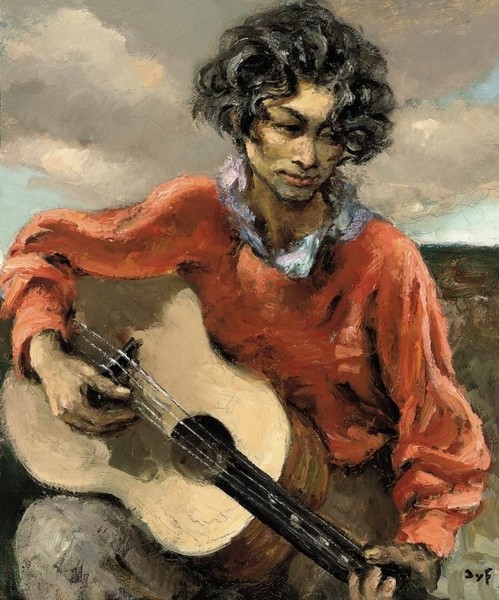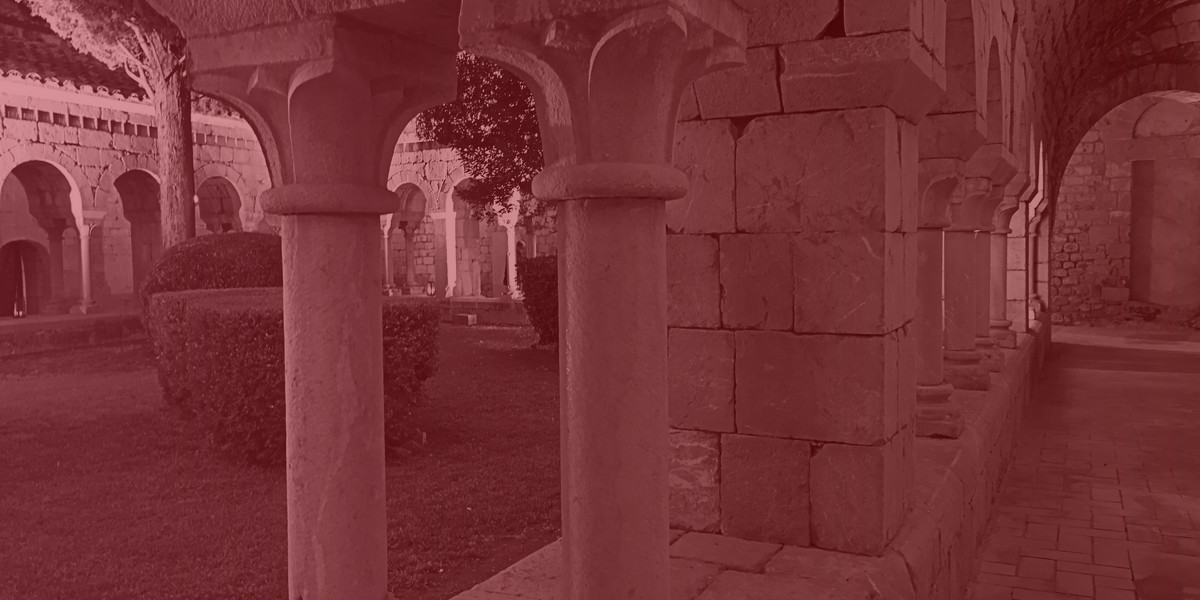
When the Bohemian tenor Gustav Walter commissioned Antonín Dvořák to compose a cycle of songs, the composer turned to the poetry of Adolf Heyduk, one of the poets of the May School, whose most prominent representative was Jan Neruda. Heyduk, an engineer by profession, had published in 1858 his first volume of poetry, Básně [Poemes], which included a collection of fifty-nine poems, the Cigánské melodie [Gypsy Songs]. This collection combines both Czech and Slovak traditional poetry to speak of the Romani people.
Heyduk explored three aspects of Romani culture: the link with nature, the need for music, and the love for freedom. All three themes are present in Dvořák's seven songs; even though he didn't quote motives from folklore, the composer was influenced by it just like the poet had been. The melodies and colors that were so closely linked to Heyduk's verses made the cycle a success very soon; today it is the composer's best known.
However, there was a setback in its creation: Gustav Walter, the leading tenor of the Vienna Opera, wanted the songs to be in German. Dvořák then asked the poet to translate the seven poems, and this was the first version of the cycle to be published, Zigeunermelodien, in 1881. The following year, the same publisher, Simrock, based in Berlin, published the Czech version, Cigánské melodie.
I suggest that we listen to the first song, which is about music. We will listen to it during the opening concert of the Schubertíada, with Katja Maderer and Wolfram Rieger. But since a few days later we will listen for the first time the cycle in Czech, with Erika Baikoff and Julius Drake, I propose that we listen to both versions: Má píseň zas mi láskou zní, performed by Bernarda Fink and Roger Vignoles, and Mein Lied ertönt, with Brigitte Fassbaender and Karl Engel.
This is the first post dedicated to the Schubertíada recitals. As usual, following the text of the song, you will find a link to the songs of the first five recitals (two in Vilajuïga, the prelude, and the three of the opening weekend in Vilabertran) that we have heard on Liederabend, should you wish to review them. The festival begins on next Saturday!
Mein Lied ertönt, ein Liebespsalm,
beginnt der Tag zu sinken,
und wenn das Moos, der welke Halm
Tauperlen heimlich trinken.
Mein Lied ertönt voll Wanderlust,
wenn wir die Welt durchwallen,
nur auf der Puszta weitem Plan
kann froh mein Sang erschallen.
Mein Lied ertönt voll Liebe auch,
wenn Heidestürme toben;
wenn sich befreit zum letzten Hauch
des Bruders Brust gehoben!
Má píseň zas mi láskou zní,
když starý den umírá;
a chudý mech kdy na šat svůj
si tajně perle sbíra.
Má píseň v kraj tak toužně zní,
když světem noha bloudí;
jen rodné pusty dálinou
zpěv volně z ňader proudí.
Má píseň hlučně láskou zní,
když bouře běží plání;
když těším se, že bídy prost
dlí bratr v umírání.
Saturday 10 August: David Alegret & Rubén Fernández Aguirre
Sunday 11 August: Elena Copons & Deirdre Brenner
Friday 16 August: Katja Maderer & Wolfram Rieger
Saturday 17 August: Cosmos Quartet, Katharina Konradi & Joseph Middleton













